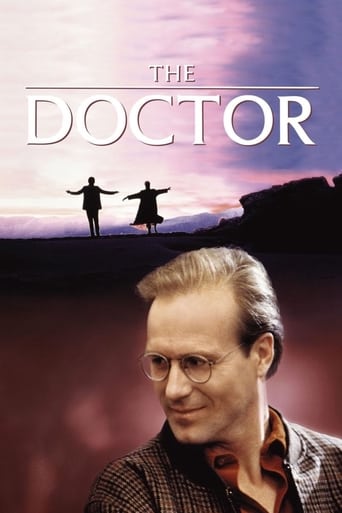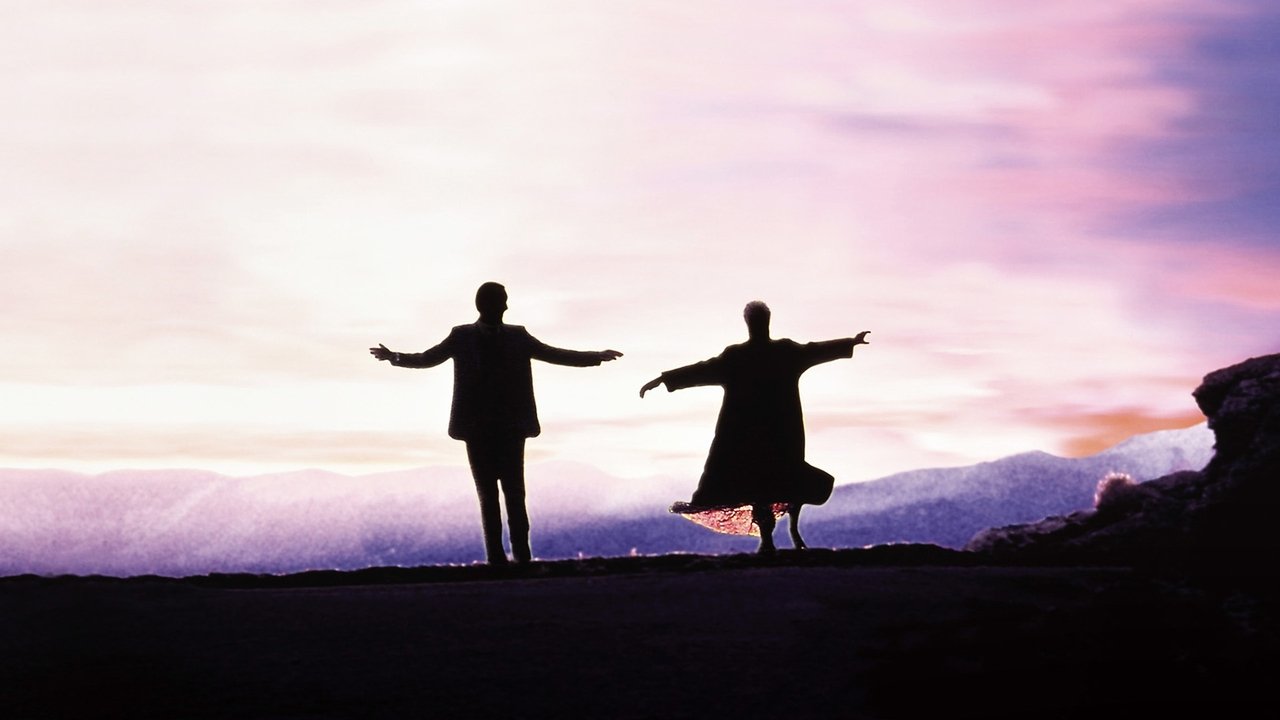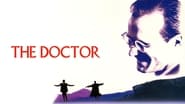mregor532
I have watched this movie several times and I could watch it again. Each time that I watch I see a little more. If this were about Jack as a doctor, it could have ended with the scene of him tossing the interns the gowns and consigning them to 72 hours of endurance as patients. The movie ends on the roof of the hospital as Jack reads the letter from June. She tells the parable of the farmer and his fences. How the farmer changes his mind and wants the animals to return. He stands in the field and flaps his arms to attract them, but the animals are frightened by the new scarecrow. At first, I did not understand this. Then I thought back to the scene of Jack blowing his whistle and pointing to the board where he has written I need you. For me the movie works not as a story about a doctor who is brought to the light by seeing the world from the viewpoint of the patient. It is about how one cannot live a life alone.
vrgerometta
This film truly caught my attention, I just watched on TV, and was really impressed. Why? well, we could say that there probably are a lot of these films (almost a sub-genre within drama movies) when regarding to the tone, characters, existential conflicts and ideal-moral messages but I think this one stands aside. The story is very simple, the acting is great but realistic, the film is shot in a very classical style, the conflicts are there, my point is that despite we (as an audience) have all the elements at the surface, this film runs more deep and has more layers than it seems at first sight. The true power or engine here is the script, which hides beneath the great cast and wonderful directing, it allows us to think a predictable-known story in a symbolic (and political) way, opening a lot of cognitive doors that can take us apart from the plain meaning to different new levels of thinking these very same elements.For instance, we have a "doctor" who is actually tortured by the burocratics politics of the very same hospital he works for, and finds himself becoming, first a patient, afterwards something less than human (although not like Kafka's Gregor) because of the medical protocol doctors tend to follow. Also, he meets a woman who was sentenced to die by her medical insurance company (another Kafka theme, the destiny or conviction taken upon ourselves). So he ends up discovering the truth of his reality and himself, waking from his dream-death (as an institutionalized being) reforging his identity and humanity. It's interesting to find here two important's elements such as the mythological way of understanding living as a dream and death as life, like a new state of mind only perceived after dying; and second, the battle the hero in modern days fights for, his self-independency. This is obviously a political allegory against the powers that rules our lives and fates, and can-must be thought in any other line of work, but got to admit that gains another dimension by being themselves DOCTORS, and not caring at all about us, just only money motivated like a sales man would. The Doctor is much more complex and I hope people would give this film a chance, it's the exact opposite and in my opinion a future reference to what any medical(TV or film) story should aim for.p.s.: Mike Nichol's Regarding Henry it's in a similar level than this one.
kdarnell-1
This movie came out about a year before I was diagnosed with thyroid cancer, and I watched it during my recovery from surgery and radiation treatments. It helped me to understand the relationship between doctor and cancer patient. William Hurt is indeed excellent in this film, but I have always liked his understated presence and aloof yet empathetic evocations. Recently, a colleague was diagnosed with a serious cancer and he continues to undergo his treatments. I think the American medical community has made great improvements in the emotional component of care for cancer patients, but in 1992 Hurt's portrayal was close enough to echo my observations of how I was cared for then.So, though it's a bit of a tearjerker and has a happy ending that reality will not always produce, I think it is a meaningful film and especially for those who are facing a serious diagnosis or caring for those who are.
vm_postitnotes
As a person born with a genetic disorder that suffers from a variety of maladies, I have a very hard time being sympathetic towards people in the medical profession. Many times, it seems like being a doctor requires you to turn off your heart (so to speak) and treat everything like a problem that needs to be solved, forgetting about human things like emotion and fear.This movie is very useful for people like me in that it makes doctors human again.I admit that in the past, I have often vacillated in my opinion on this movie. The main character (William Hurt) does not appear to have learned anything by this movie's conclusion. While he is more sympathetic to the fears and woes that patients suffer, much of the underlying pathology present in the medical profession in general is downplayed. For example, the variety of cancer patients that have to suffer either painful or humiliating deaths (or both) because their cases were mishandled seem to simply be put aside as mistakes that happen because doctors are human.That may be the point, though.Without spoiling excessively, the final scene of the movie involves Hurt's character getting a message from a friend of his, a terminal cancer patient played by Elizabeth Perkins that had died recently. She tells a story about a farmer who is feared by crows because he chases them violently off his farm. One day, he changes his heart and comes outside, raising his arms to welcome the crows. But no crows come - because they are terrified of the farmer's new scarecrow. Doctors have a path to follow. When they find what they are looking for, they must use their knowledge and compassion together to create a new path for themselves. They cannot expect the world to forget their distrust in a heartbeat. It takes demonstrated work.This is what "The Doctor" teaches you. Doctors and patients alike should give this movie a fair shake. It may not be a classic piece of film, but it is a very compassionate, heartfelt story.



 AD
AD






